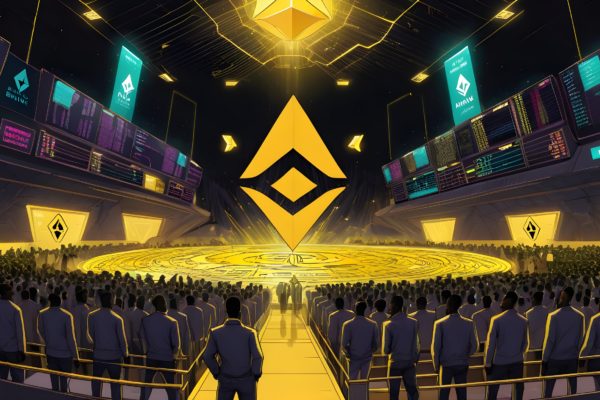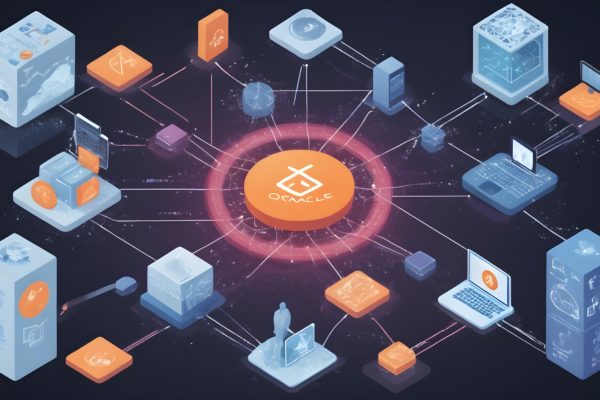
Binance discontinues Naira Trading on P2P platform, Nigerian Government makes Compensation claim
Binance has removed Nigeria’s official currency, the Naira, from its peer-to-peer service. The decision comes amid recent efforts by the Nigerian government to stabilize the value of the Naira. During a BBC interview aired on March 1st, Bayo Onanuga, the special adviser to President Bola Tinubu, disclosed the compensation request, highlighting it as a measure…








